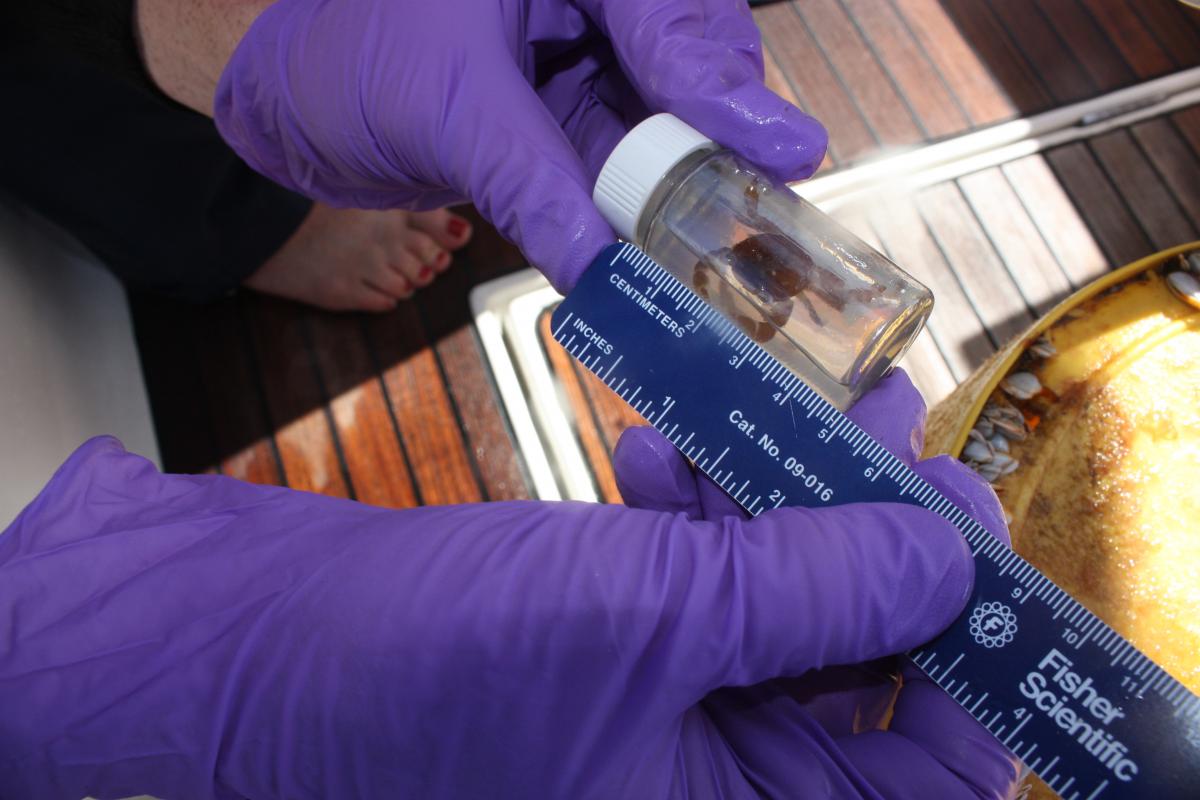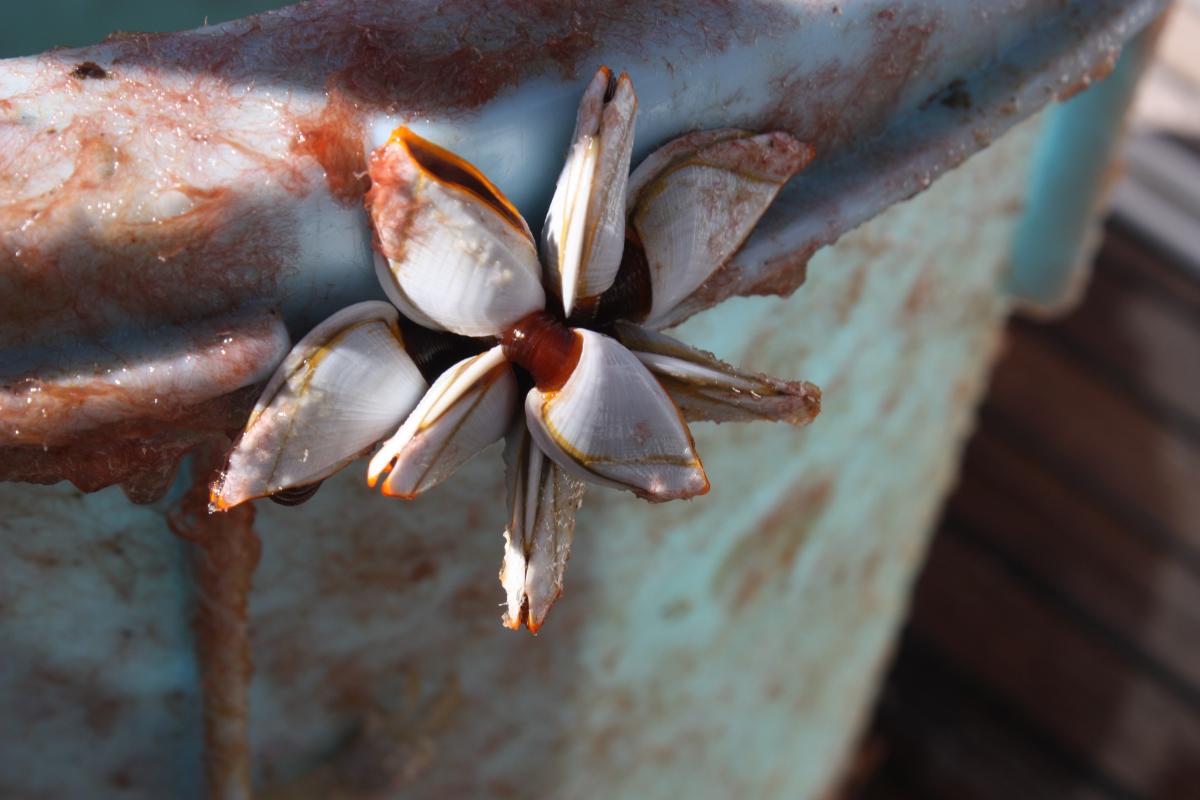The Why


Plastics can float really well and are slow to break down, so plastic litter makes new places for marine plants and animals to grow and be carried from one place to another. Marine animals and plants from our coasts, like mussels, barnacles, and seaweeds, can settle on plastic pollution and circulate in the ocean for years, in some cases traveling far enough to reach new shores. Hitchhiking species introduced to new areas can cause local ecosystems to become unbalanced, by taking over the resources that local species need to survive. Therefore, our researchers are trying to figure out how floating plastics provide homes for coastal marine animals and plants until they reach new lands.
